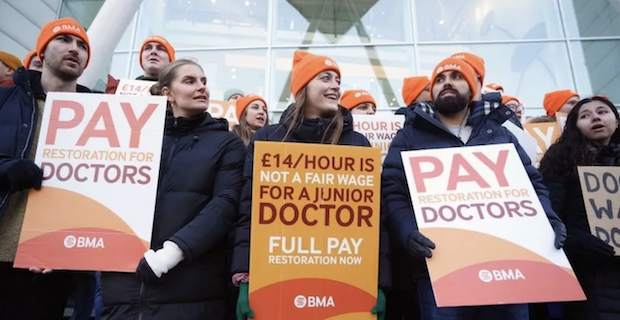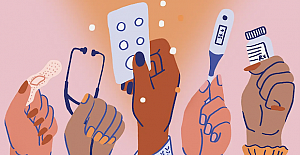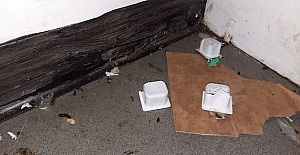The British Medical Association has said it would be prepared to end its six-day walkout in England if the government made it a "credible" offer. Junior doctors started strike action at 07:00 GMT in their dispute over pay. If this stoppage continues it will be the longest in the history of the NHS. BMA junior doctor leader Dr Vivek Trivedi said he would return to talks if the government made a fresh offer. Ministers say they are not prepared to negotiate while strikes are ongoing. In an interview with the BBC, Dr Trivedi said: "Anyone from the government could still come to us today and if we thought that offer was credible, and if we can resume talks and build on that, then we can stop our strike action for the rest of the week."While the BMA - which represents doctors in the UK - has asked for a 35% pay increase, he said it did not necessarily have to have that all in one go.
"We're not even saying it has to happen in one year.
"We are very happy to look over details that would span a number of years - but what we need to do is to start a way towards that and not further that pay erosion."
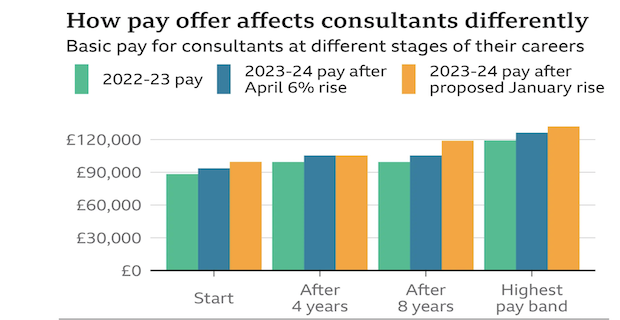
But Health Secretary Victoria Atkins said junior doctors had to call off their strike before she was prepared to get back to the negotiating table.
She said she wanted to find a "fair and reasonable solution to end the strikes once and for all".
Junior doctors received a pay rise averaging nearly 9% this financial year - and during talks at the end of last year the option of an extra 3% on top of that were discussed.
But those talks ended in early December without a deal being reached.
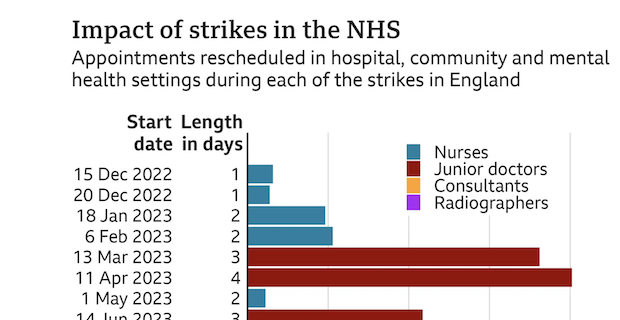
Meanwhile, NHS bosses are warning this walkout - the ninth by junior doctors - was likely to be the most difficult.
NHS England medical director Prof Sir Stephen Powis said rising rates of respiratory illnesses, such as Covid and flu, and staff sickness were making this walkout "very challenging" in what is always one of the busiest times of the year for the health service.
Routine hospital services, such as planned operations including hip and knee replacements and check-ups, will be hugely disrupted.
David Probert, chief executive of University College London Hospitals, said the "vast majority" of routine appointments at his trust would have to be cancelled.
This is because senior doctors are being moved across to provide cover in emergency care.
But even then, not every area is able to keep all its A&E services running.


 After Nesil Caliskan a by-election will be held in Jubilee ward in Enfield
After Nesil Caliskan a by-election will be held in Jubilee ward in Enfield Publishing the analysis, Labour’s Cllr Ergin Erbil said Everybody in Enfield deserves basic rights
Publishing the analysis, Labour’s Cllr Ergin Erbil said Everybody in Enfield deserves basic rights Gaza-Israel conflict Statement from Cllr Ergin Erbil, Leader of Enfield Council
Gaza-Israel conflict Statement from Cllr Ergin Erbil, Leader of Enfield Council Cllr Ergin Erbil was elected as the new Leader of Enfield Council
Cllr Ergin Erbil was elected as the new Leader of Enfield Council Sustainable Development and ESG, Will This Become the Course for Turkic World
Sustainable Development and ESG, Will This Become the Course for Turkic World Thousands evacuate Santorini as more earthquakes strike island
Thousands evacuate Santorini as more earthquakes strike island Rauf Raif Denktas and Dr. Fazıl Kucuk II. International Cyprus Studies
Rauf Raif Denktas and Dr. Fazıl Kucuk II. International Cyprus Studies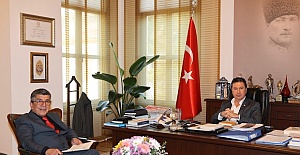 We continue our promotional activities in Europe, primarily in the UK said Ahmet Aras
We continue our promotional activities in Europe, primarily in the UK said Ahmet Aras Inzaghi stated that they felt the absence of our national player Hakan Çalhanoğlu
Inzaghi stated that they felt the absence of our national player Hakan Çalhanoğlu Besiktas are said to be in advanced talks to secure the Norwegian coach
Besiktas are said to be in advanced talks to secure the Norwegian coach Footballers are celebrating after Enfield Council officially opened a pitch
Footballers are celebrating after Enfield Council officially opened a pitch 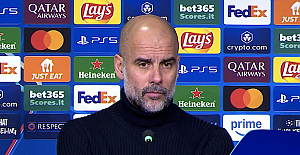 Pep Guardiola's Manchester City beaten by Juventus
Pep Guardiola's Manchester City beaten by Juventus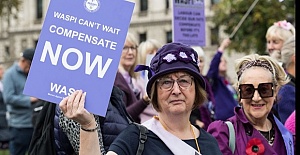 Waspi women threaten legal action over pensions row
Waspi women threaten legal action over pensions row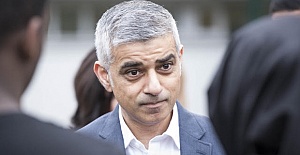 London mayor says 'Brexit was a mistake,' vows to rebuild ties with Europe
London mayor says 'Brexit was a mistake,' vows to rebuild ties with Europe Trade insights, and global growth at the heart of IFE’s Exporters Hub programme
Trade insights, and global growth at the heart of IFE’s Exporters Hub programme  TfL celebrates National Apprenticeship Week
TfL celebrates National Apprenticeship Week





